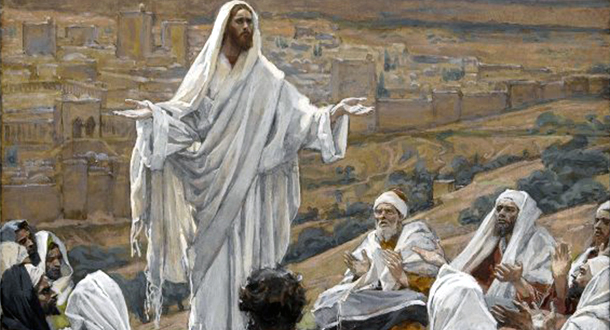 Scripture:
Scripture:
Reflection:
This year, the second of May occurs after the Fifth Sunday of Easter. In our participation at Sunday Mass, we have been listening to the accounts of the early Christian communities about how they came to accept the meaning of the Resurrection of Jesus in their lives. Belief in the Resurrection brought them to baptism. The Resurrection of Jesus fueled the missionary outreach of the Apostles and disciples. It was in the name of Jesus—who died and was raised – that the first disciples were able to work healing miracles as a testament to the power of the Son of God. It was the Resurrection of Jesus that strengthened the resolve of the first Christian martyrs to lay down their lives in order to be able to share in the Resurrection of Jesus.
Among the readings of the weekdays and the Sundays after Easter, we have had the opportunity to listen to the words given us by the Evangelist St. John, and the First Letter of John. I used to find John’s Gospel challenging because it was so complex and (to my mind) philosophical. I began to experience John’s gospel differently when I began to realize that his narrative weaves the experience of Eucharist into its many settings and declarations.
By the time that this Gospel of John is written, the independence of the Christians from the Temple worship is a fact of history following the fall of Jerusalem in 70 A.D. The Christians of the last decade of the First Century A.D. have withdrawn from the life of the Synagogue in favor of celebrations of the Eucharist on the day of the Lord’s Resurrection. In this milieu of John’s gospel, the Eucharist is the basis of their worship. This could be the reason that John does not describe the Synoptic “bread and cup” narrative at the last supper. John presents the Eucharist not as a Passover meal, but as the “living bread that came down from heaven…and the bread that I will give is my flesh for the life of the world. (John 6:15)” The celebration of this Eucharistic “Sign” is not in the upper room, but on the hillsides overlooking the Sea of Galilee, where Jesus provides food for his followers.
With this eye to the Eucharist as a means of entering into the meaning of the Gospel of John, we can see how overtly several of the “Signs” that John references are about life, and therefore, about Eucharist. The first “Sign,” the changing of water into wine at the marriage feast of Cana, is a symbol of the rite of initiation for Christians: by baptism (water), the new Christian is brought to the altar to share in the wine, which by the power of Jesus’ word, has become the Blood-of-Christ.
The second “Sign,” the cure of the official’s son, is connected to the first “Sign” by place, it also takes place at Cana of Galilee. Jesus heals (restores life) by the power of his own word, the same word which assures us (in the Synoptic texts) that “This is my body…this is my blood.”
Chapter Six of St. John’s gospel is the highpoint of this Eucharistic sense of the Gospel of John. Here we find the fourth “Sign.” In spite of his having satisfied their physical hunger, Jesus’ discourse stresses the absolute condition for eternal life, “Amen, amen, I say to you, unless you eat the flesh of the Son of Man and drink his blood, you do not have life within you. (Jn 6:53)”
The seventh “Sign” that the Gospel of John presents is the raising of Lazarus from the dead. What could be more Eucharistic for each of us than the assurance that our lives have been surrendered to the one who can take us beyond death. As we celebrate the presence of Jesus among us in Eucharist, we also share in the very same source of life which is eternal.
Unfortunately, if we limit our reading of St. John’s gospel to how we share in the life of Christ through the Eucharist, without any reference to our social imperative, we would not have grasped the meaning of Eucharist that Jesus offers us.
In St. John’s gospel and in the 1st Letter of John, we are frequently called to love one another: “This is my commandment: love one another as I love you (Jn 15:12);” to share in the risen life of Jesus: “what we have seen and heard we proclaim now to you, so that you too may have fellowship with us (1Jn 1:3);” and to follow Jesus’ example: “If I, therefore, the master and teacher, have washed your feet, you ought to wash one another’s feet. (Jn 13:14)”
These are the two sides of Eucharist, that we be nourished by the life of Christ, in order to engage with one another in building up the Body of Christ through that love for, unity with, and service on behalf of one another. These are some of the ways that the Easter readings taken from St. John’s Gospel and the 1st Letter of John have helped me to appreciate the meaning of Eucharist in the spirit of the Easter Season.
Fr. Arthur Carrillo, C.P. is the director of the Missions for Holy Cross Province. He lives in Citrus Heights, California.

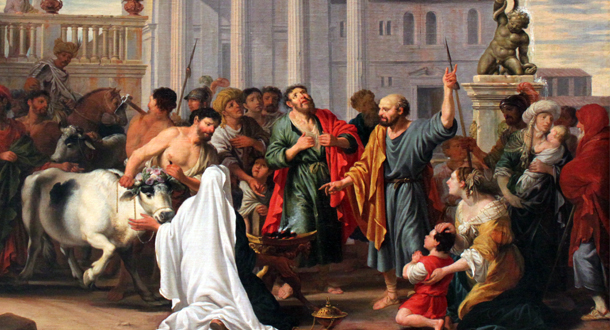 Scripture:
Scripture: Scripture:
Scripture: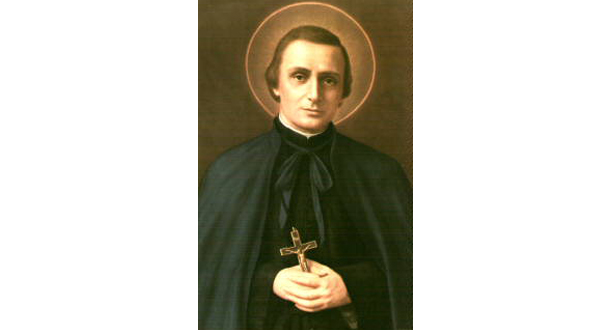 Scripture:
Scripture: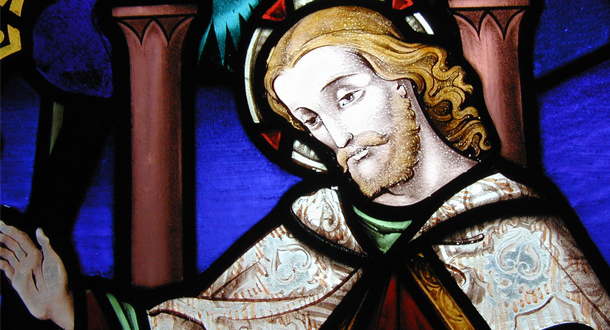 Scripture:
Scripture: 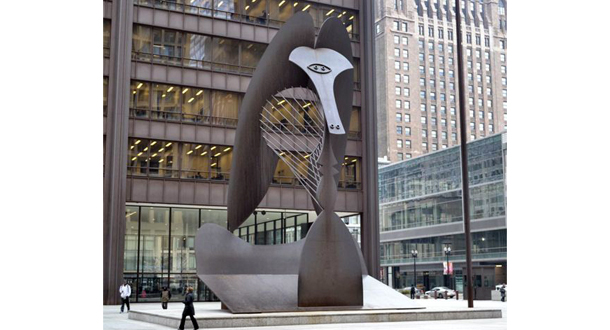 Scripture:
Scripture: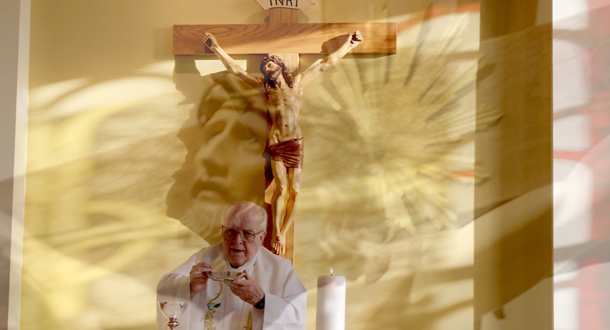 Scripture:
Scripture: